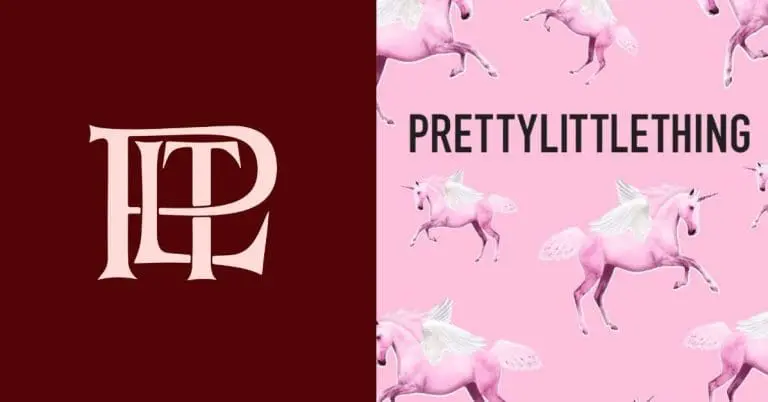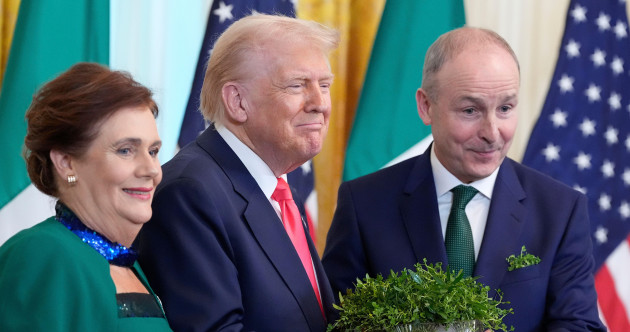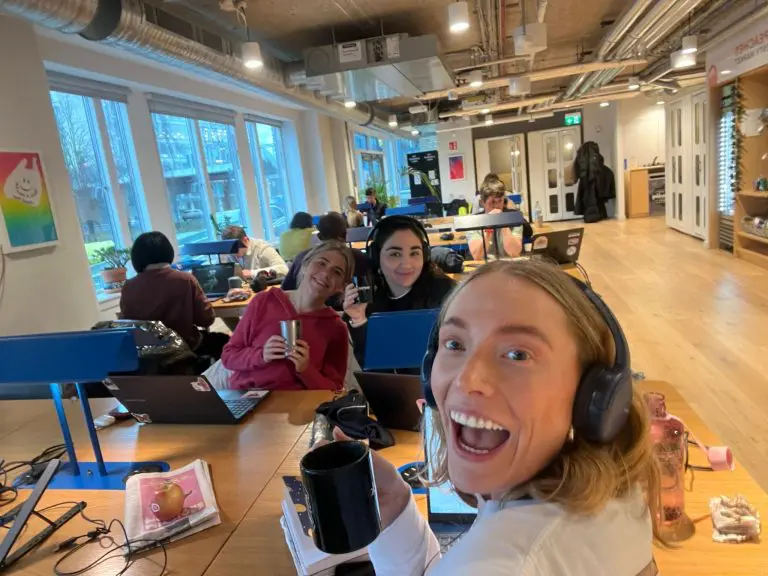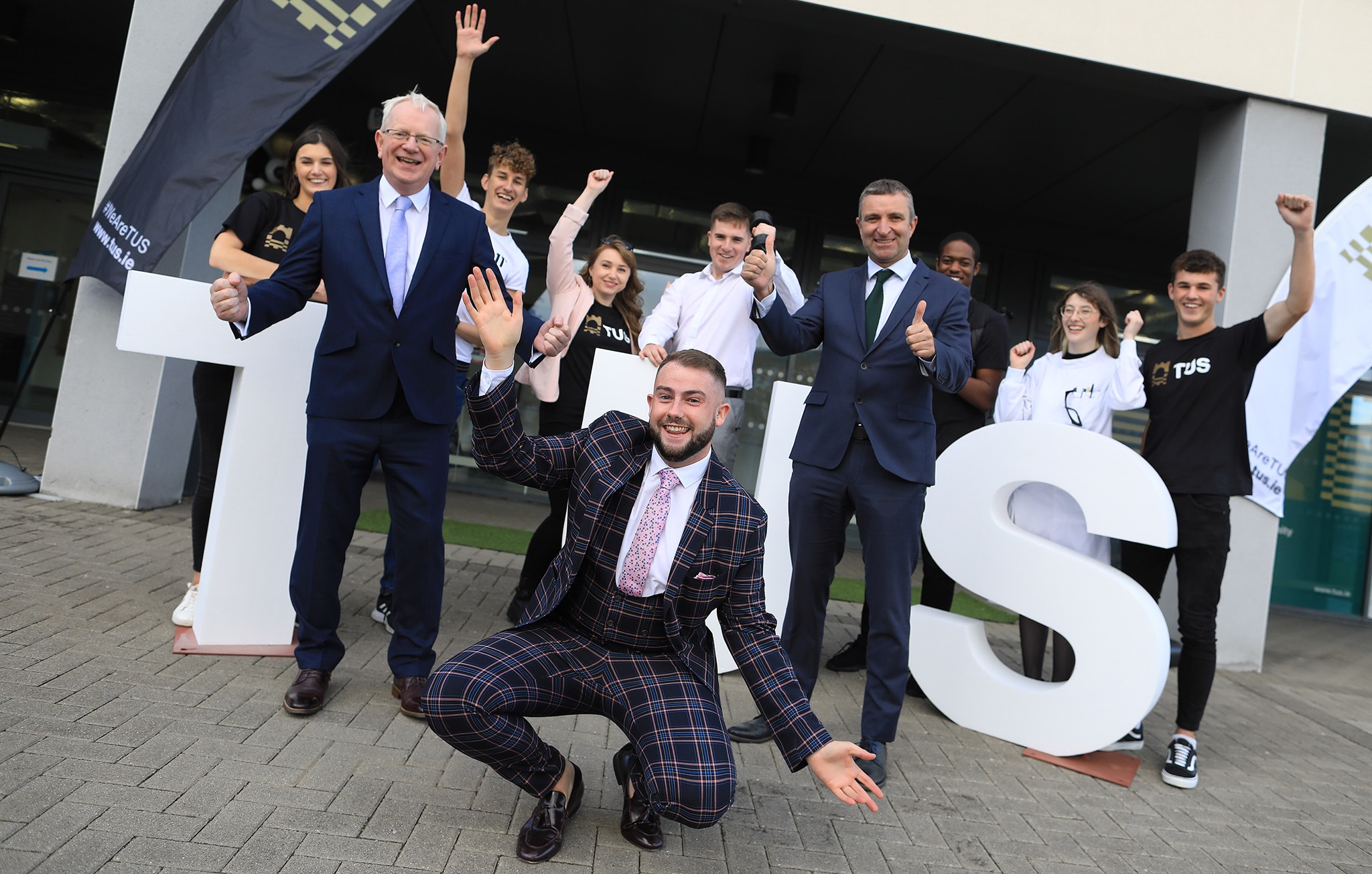I will admit to being an avid fan of Antiques Roadshow®, one of the most popular and long running television programmes produced by the BBC.
The format follows antique experts and appraisers as they travel throughout the United Kingdom reviewing and assessing the value of antiques brought in by locals where the show is airing.
The prospective location of the show is advertised well in advance by the BBC; thereby allowing locals in the area to trawl through their attics, lockups and garages to root out those forgotten assets for an assessment of value by one of the Antiques Roadshow® assessors.
I myself find it particularly gratifying when an assessor values an asset for more than the holder originally thought it was worth.
Like long lost and valuable antiques, the hidden value of Intellectual Property often gets overlooked by businesses. Many businesses do not even realise that they have valuable Intellectual Property assets in the first place.
So what precisely is ‘Intellectual Property’?
In a nutshell, Intellectual Property is the sum of all the intangible assets your business owns. It can encompass:
- Trade Marks – e.g. brands, logos, slogans, advertising jingles
- Patents – .i.e. technical inventions.
- Copyright – e.g. written material like website text, manuals, music or artwork.
- Designs – the aesthetic appearance of any products your business manufacturers.
- Domain names – the url addresses that drive business to you via email and/or a website.
- Trade Secrets – confidential information such as a recipe, customer lists or a way of doing something which you would not want revealed to the outside world.
All of the above are collectively known as Intellectual Property Rights (IPRs) and are fully protectable in law.
In Ireland, Industrial Designs, Patents and Trade Marks can be protected through registration with the Patents Office in Kilkenny.
A registration grants exclusivity in the relevant IPR and makes it much easier to stop unauthorised use by others. In some instances, it may even be possible to protect the goodwill and reputation you have established under business.
Unlike tangible assets of a business, (e.g. plant and machinery), the value of IPRs does not diminish over time.
On the contrary, IPRs can actually add to the overall value of your business. Also, IPRs can be used, not just by your own business, but also by others with your permission as part of an overall monetisation strategy.
IPRs can also be particularly useful for businesses wishing to secure loan or investment capital as the law actually allows for security interests to be registered against patents, trade marks and designs.
As the value of an IPR does not diminish in time, a savvy investor and/or financier will see your IPR as having a relatively low risk profile with a positive return attribute.
Failure to properly identify and exploit your valuable IPR could result in a significant lost opportunity to your business.
More seriously, failure to identify and protect your IPR may actually result in serious financial loss to your business.
So, how can you tell if your business has protectable Intellectual Property and what steps can you take to protect and monetize such rights?
By having an ‘IP Audit’ conducted of your business by an Intellectual Property lawyer, your IPRs can be readily identified and then assessed for the most effective method of protection and monetisation.
Niall Tierney
Niall Tierney is a Legal Brand Consultant to Fuzion Communications and an IP Lawyer located in Dublin, Ireland, Managing Director of TIERNEY IP, a specialist law firm which assists and advises businesses in clearing, protecting, enforcing and monetising trade marks, designs and other Intellectual Property rights.








